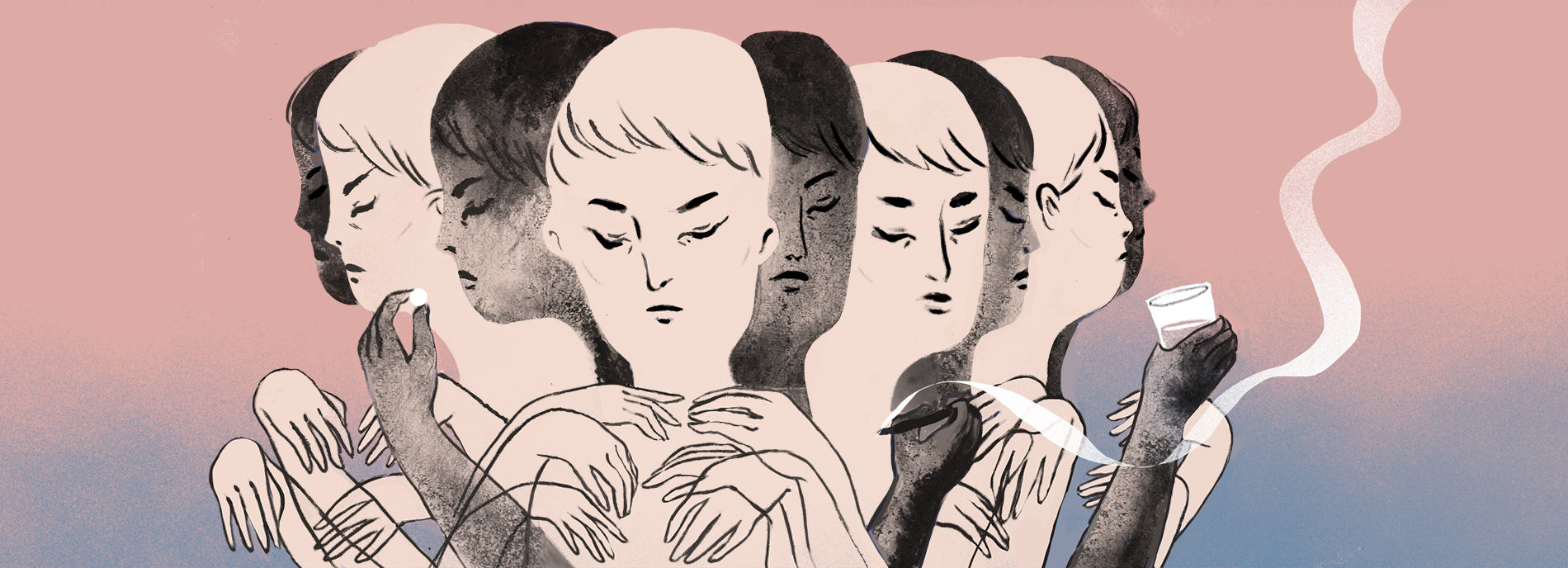Maia Szalavitz is the author, most recently, of Unbroken Brain: A Revolutionary New Way of Understanding Addiction, which will be released in paperback in May. She has written about neuroscience and addiction for nearly 30 years for publications ranging from the New York Times and Washington Post to TIME and Scientific American.

Maia Szalavitz
Neuroscience Journalist
Freelance
From this contributor
Autism’s hidden habit
Conventional wisdom holds that people with autism don't get hooked on alcohol or other drugs, but new evidence suggests otherwise.
New tests extend prospects for ‘reading the mind in the eyes’
Researchers have revamped a screen for ‘mind blindness’ — an impaired understanding of others’ intentions and perspectives — which is a key deficit in autism. The revised test may shed light on how autism develops.

New tests extend prospects for ‘reading the mind in the eyes’
‘Resting’ autism brains still hum with activity
Even at rest, the brains of people with autism manage more information than those of their peers, according to a new study that may provide support for the so-called ‘intense world’ theory of autism.

‘Resting’ autism brains still hum with activity
First 1,000 days of life could hold keys to autism
Autism researchers have high hopes for a new project called the First 1,000 Days of Life, which aims to follow 5,000 women and their babies from pregnancy through two years after birth.

First 1,000 days of life could hold keys to autism
Long neglected, severe cases of autism get some attention
A large new project aims to link specialized psychiatric units across the U.S. to investigate the causes and best treatment for autism’s most severe and challenging cases.

Long neglected, severe cases of autism get some attention
Explore more from The Transmitter
Neuro’s ark: Spying on the secret sensory world of ticks
Carola Städele, a self-proclaimed “tick magnet,” studies the arachnids’ sensory neurobiology—in other words, how these tiny parasites zero in on their next meal.

Neuro’s ark: Spying on the secret sensory world of ticks
Carola Städele, a self-proclaimed “tick magnet,” studies the arachnids’ sensory neurobiology—in other words, how these tiny parasites zero in on their next meal.
Autism in old age, and more
Here is a roundup of autism-related news and research spotted around the web for the week of 2 March.

Autism in old age, and more
Here is a roundup of autism-related news and research spotted around the web for the week of 2 March.
Lack of reviewers threatens robustness of neuroscience literature
Simple math suggests that small groups of scientists can significantly bias peer review.

Lack of reviewers threatens robustness of neuroscience literature
Simple math suggests that small groups of scientists can significantly bias peer review.
